Adrianne Lenker Faces Celestial Mystery and the Beyond
Adrianne Lenker of Big Thief talks about alien themes on U.F.O.F., her solo project, and maintaining creativity in an industry fueled by product.
This interview originally appeared in She Shreds Magazine Issue #18, released August 2019.
As a kid, Adrianne Lenker had a complicated relationship with one of her usual pastimes: alien watching. It slightly frightened her, partially due to film depictions of exterrestrial war, and partially for even scarier reasons. What if human-created hostility and pollution meant aliens would never land on Earth? What if we humans had ruined our chances to peer into the mystery and beyond? On Big Thief’s album, U.F.O.F., released in May on 4AD, Lenker makes friends with the unknown, the celestial secrets and existential mysteries of imminent death that connect us all.
Following 2016’s Masterpiece and 2017’s Capacity, along with her 2018 solo debut for Saddle Creek, Lenker wrote most of the songs on U.F.O.F while on tour. Using tangible approaches to abstract journeys of death and love, she weaves a story of despair through quiet strumming on “Orange” and faces an otherworldly demon with a drowned-out electric guitar on the eerie “Jenni.” She Shreds spoke to Lenker about the literal and metaphorical alien themes on U.F.O.F., her love of acoustic guitar, and maintaining creativity in an industry fueled by product.
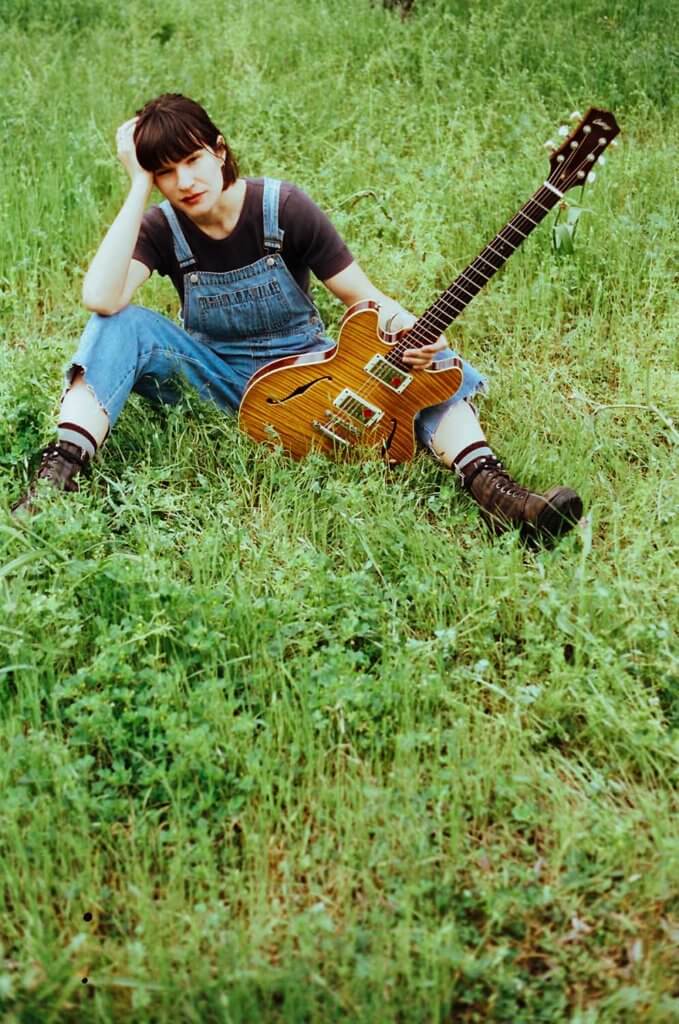
What kind of guitar do you play?
I play a Collings electric semi-hollow body. It’s their SoCo model, with P90 pickups. I’ve played acoustic guitar since I was a kid. I have a Martin cutaway and a 12-string ‘72 Martin acoustic. I have such a deep, personal relationship with my guitar. It was my first instrument when I was six. It’s like a journey. It tells a whole story.
What was your first guitar as a kid?
I played my dad’s giant Yamaha acoustic, but then he got me my first guitar, which was a Baby Taylor. Then I got a full-sized Taylor when I was 13. I didn’t enjoy playing it. I don’t know what it was specifically, but I didn’t have this super deep relationship with it so I ended up selling it.
What gear do you take on tour with you?
When it’s just me, it’s just my [Martin] guitar. It has a pretty nice pickup, and a little microphone so I can get the balance with the DI. When I’m with Big Thief, I have two electric guitars because I play in so many open tunings, and my Magnatone Twilighter amp, which I love.
For a while I didn’t have any pedals because I wanted to get a good tone with just the guitar and amp. I added the AnalogMan Prince of Tone overdrive pedal, and then a Strymon El Capistan dTape Echo pedal. And I use my footswitch to turn my tremolo on and off. I’ve been getting in the habit lately, if I want overdrive, of turning my amp up to 10, which I love because it sounds so much better than a pedal. It [creates] a little bit of a pause but there’s something so cool [about it].
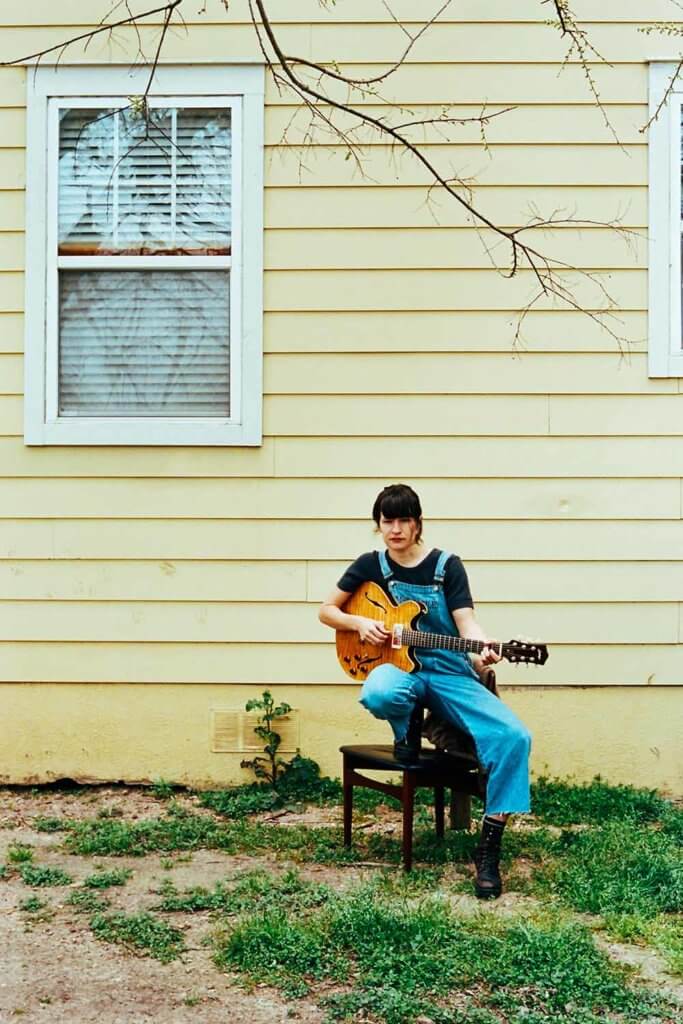
You’ve mentioned how acoustic guitar was your first love. Why do you think you feel so connected to it?
I think it’s simply the intimacy of sitting in a room and being able to get a full sound without anything else. It’s a lot louder on its own. It fills my ears, and my body is encompassing the sound without anything added. There’s no hassle with feedback or electricity. It’s pure vibration and it’s soothing to me. Nothing really calms me down as much. If I sit in a room with the electric, it’s still nice, but even with a semi-hollow body, nothing really compares to that sound of the acoustic.
What was your intent with the alien themes on U.F.O.F.? Was it from a place of inner exploration or more from feeling like an outsider?
There’s so many different [meanings]: making friends with the things that we’re afraid of or the things that are unknown, with people across borders or people from other places—or even just your neighbors. Dissolving the otherness. But also, internally, I think we can alienate parts of ourselves. It’s this unknown factor of mystery that encompasses everything that makes this collective feeling of insecurity as a species. We don’t know where we came from, we don’t know where we’re going, and we don’t really talk about death in a real way.
To build all these structures to keep [an illusion] of safety, like the wall down on the southern border, and building all these walls metaphorically and literally—it’s like grasping onto some illusion. [With the alien themes], it’s more so this feeling of pushing into the unknown and having respect and curiosity for the mystery. And it’s acknowledging that we’re also made of that [mystery]. So making friends with [the unknown] and coming at it with love, which is this unifying force. There is no alien, no other.
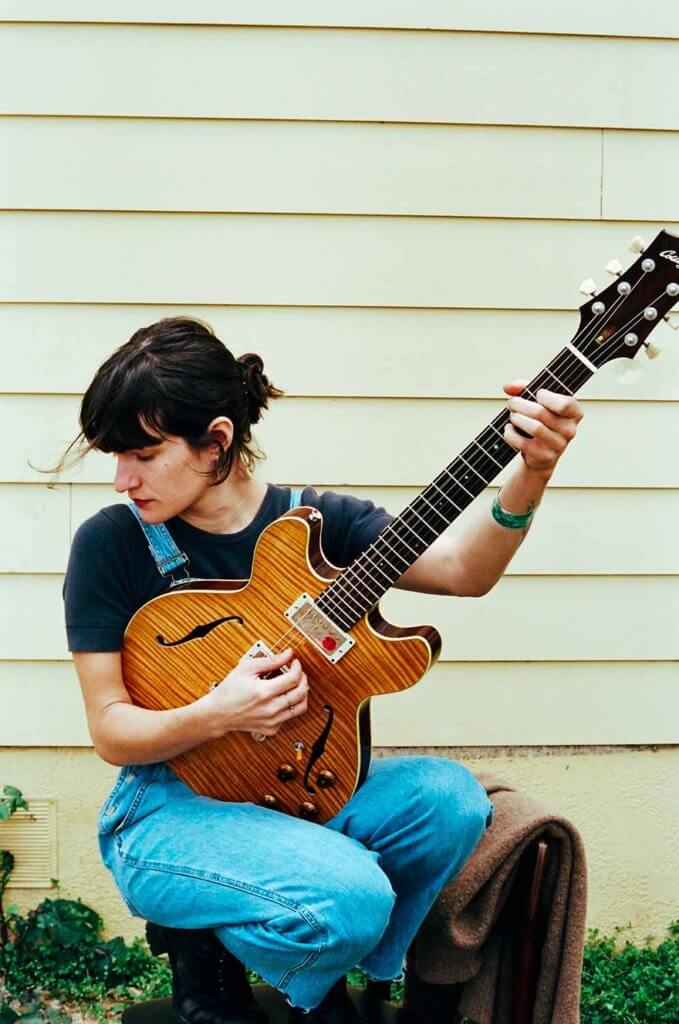
While making this album, did you come across your own personal unknowns or lessons?
I’m in the midst of a really interesting, sort of challenging lesson, which is about travel and honoring the needs to be more connected to nature and stillness, and what that means. How to sustain a deep inner creative life and how to continue to grow with playing guitar, writing, and singing. The anonymity of not really being in a realm where you’re being looked at, you’re just doing things for yourself, your heart—I want to sustain that throughout life, and it’s a little difficult sometimes. It’s like, do I completely ignore the attention and recognition? Do I rise to it? Do I have more responsibility now? In some ways, yes. But then how do I sustain the very magic of the music that brought me here in the first place?
I think it’s totally possible. I still feel super connected to my art and my heart and my passion. I think the answer is it can’t only be touring. I want to make art at the core of it, but it’s hard when you’re just producing things and being in front of people. It’s always a product or something you’re presenting rather than that kind of sacred workshopping time.
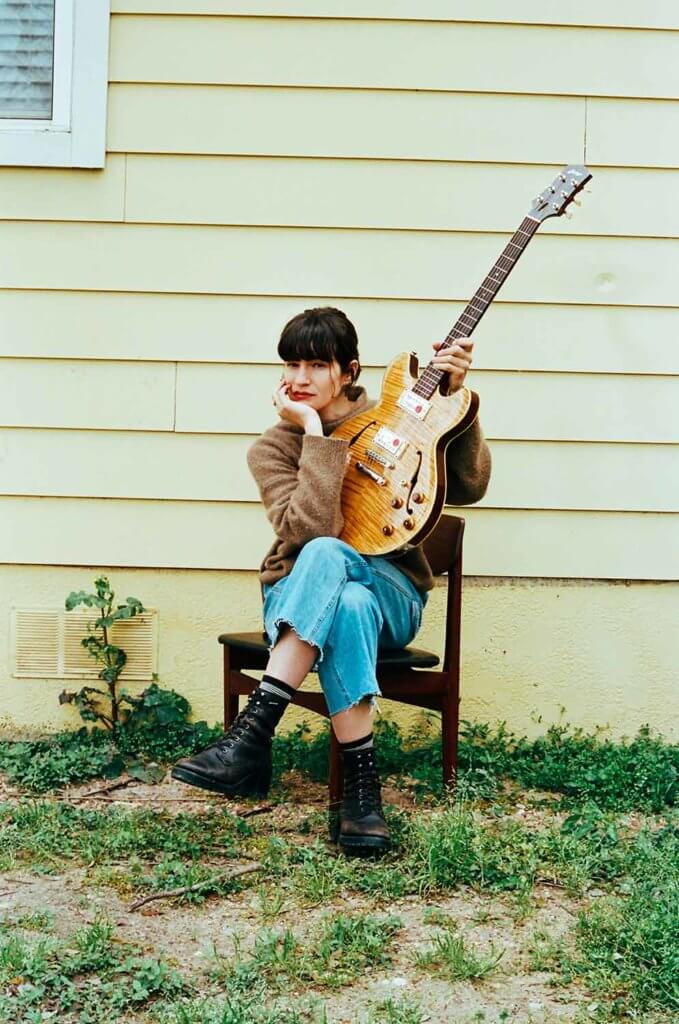
And doing it because you want to, not because you have to.
Ultimately, that’s where the best work comes from. Most of the popular Big Thief songs came out of the quickest, in-between exercise moments. I wrote “Paul” as part of a song-a-day writing exercise when I was living in Bed-Stuy and working at a ramen shop. With “Masterpiece,” I was camping and going through something and the song came out in like half an hour. I was like, “I don’t even know if that’s any good,” and I almost didn’t even want to record it. I feel like the stuff that ends up being the most popular, and connected to the collective unconscious, is the stuff you do when you tap into that unconscious. But you can’t tap into that unconscious if you’re self-conscious because you’re constantly rating your things, and things are reviewed, and you’re constantly producing.
Your voice matured a lot on this album, as it naturally does when we get older, but were you also trying to experiment with your vocals?
It all came naturally. My voice has been changing over time. I was 23 or 24 when Masterpiece was released, and I’m 27 now and have been on the road and singing so much. I’ve gotten more playful with it, and did a little experimenting on this record. There’s this one song called “Betsy” that I sang really low. At first I was joking, but I didn’t even know that part of my voice existed. It ended up sounding cool. The record is us exploring, not a delivery of a perfect product.
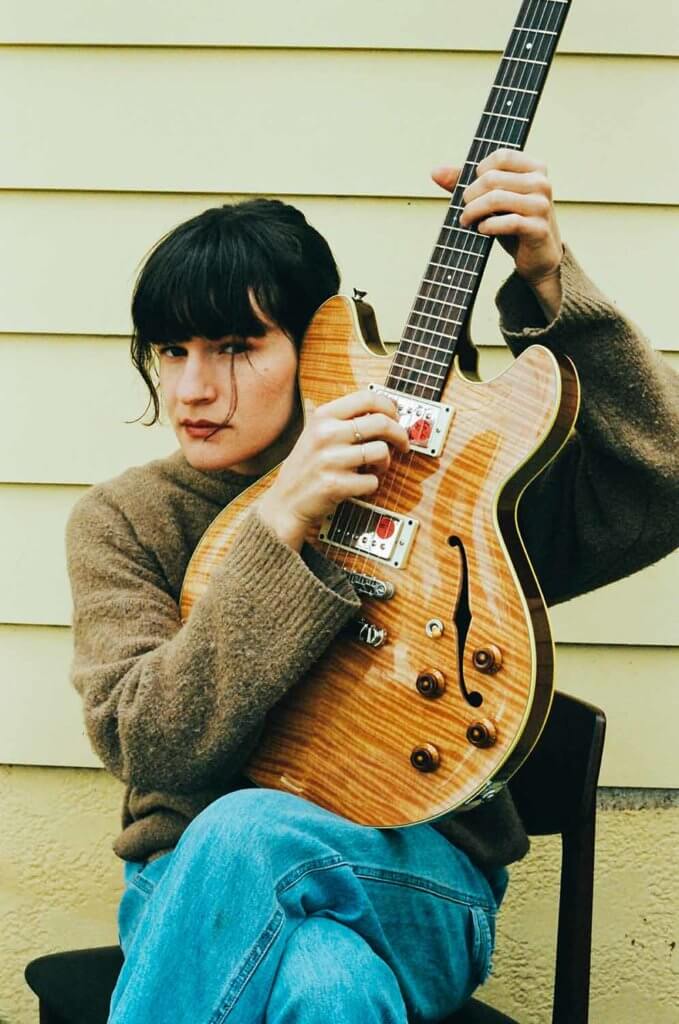
Is each song an exploration in itself or are they all part of a bigger story?
They’re all these little worlds, but each part contains the whole. It’s one body with lots of different terrain, almost like the Earth. That’s one thing I’m really proud of with this record—how many different terrains there are. The themes are pretty broad. I write about the same stuff all the time and it’s very basic. It’s death, mystery of birth and being alive, love, longing for transformation and connection with something, and curiosity.
Those are all things that connect us as people.
Yeah, and there’s little autobiographical things that are more detailed or tangible. I also like to leave room in the songs for other people to inhabit them with their own stories.
You often use names in your song titles and lyrics. Are they fictional characters or autobiographical?
They’re all based on either real people or aspects of my own being. Sometimes I name different parts of myself that I am speaking to.
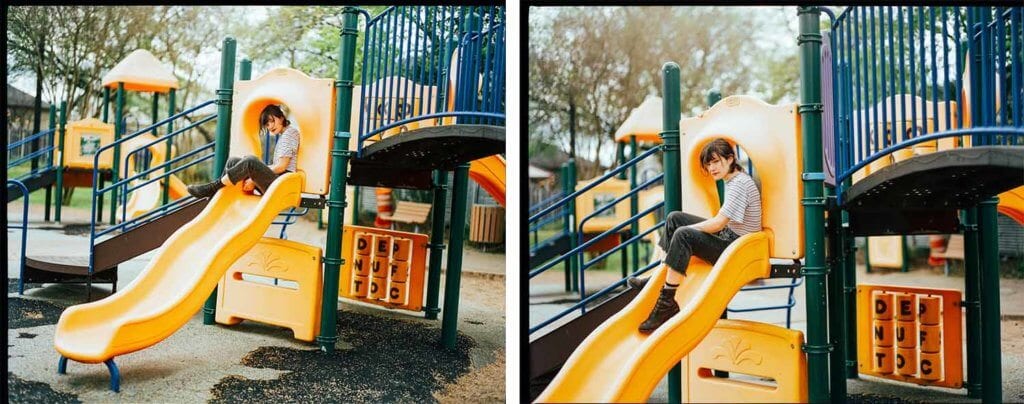
Is that the case with “Betsy”?
I originally wrote “Betsy” about my dog, when she died. [I was] remembering this really intense moment from when I was living in New York and driving her through the suburbs, taking her to be put to sleep. It was very vivid in my memory, and then it turned into other things. Betsy also represents something in me, that part of me that is with her and that part of me that she brought out. And I think it’s like that with people, too, like lovers or friends. You’re talking about them but ultimately all you really have is your experience of them and what you see of yourself through them. In my songs, more than just writing about the other person, I’m often identifying parts of myself that were born or died through the arrival or loss of their presence.
What would you like your fans to take away from U.F.O.F.?
I hope people get something out of it, not necessarily a certain thing. That they could potentially feel more connected to a part of themselves in some way, whether that feels like sorrow, pain, or joy. It’s good to feel and be awake in the experience of your own heart. And with our music, in general, I want everyone to feel welcome and safe. Whether we’re playing shows or we’re putting out songs, I want people to feel like they can be themselves through it and connect, and shed shame and guilt.
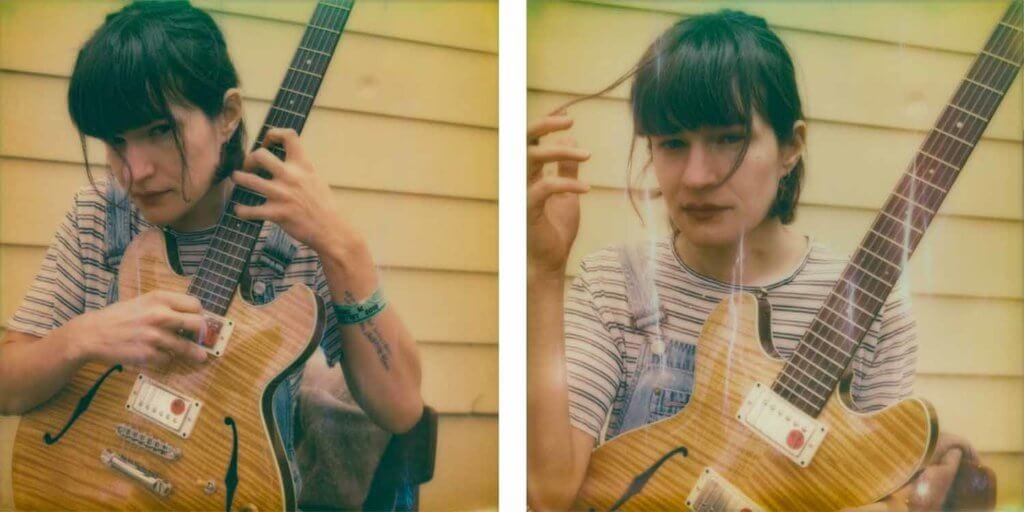
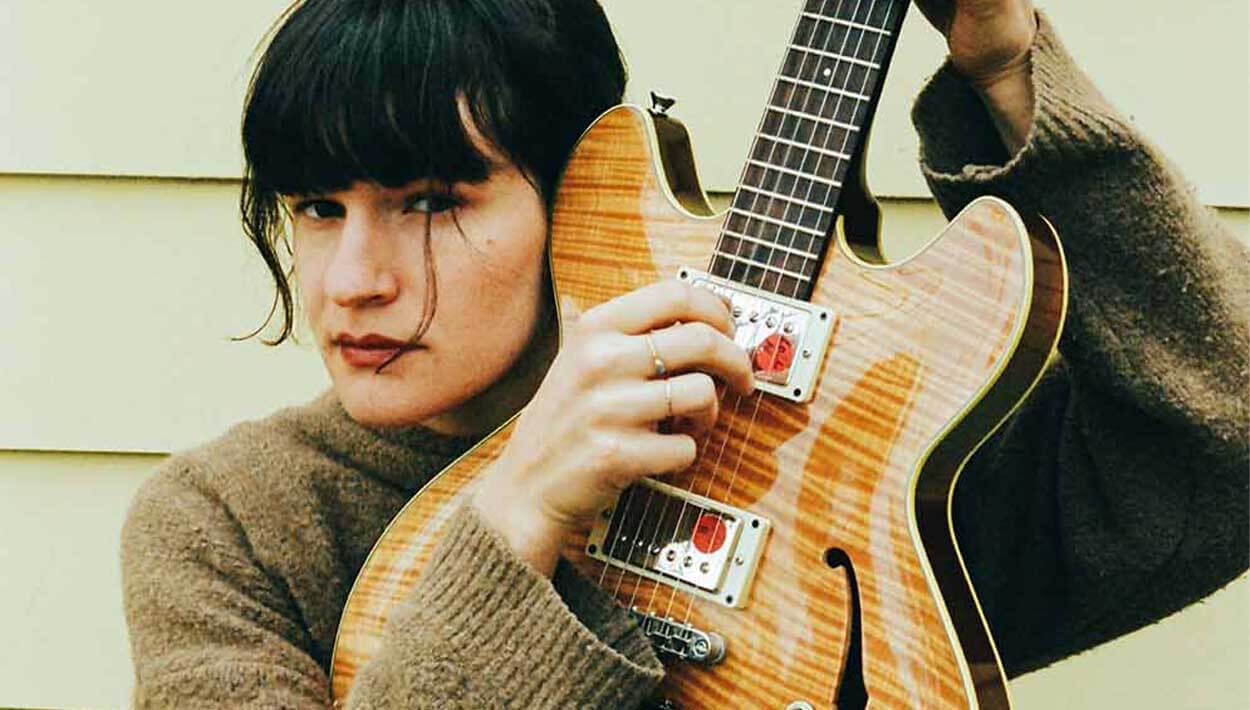


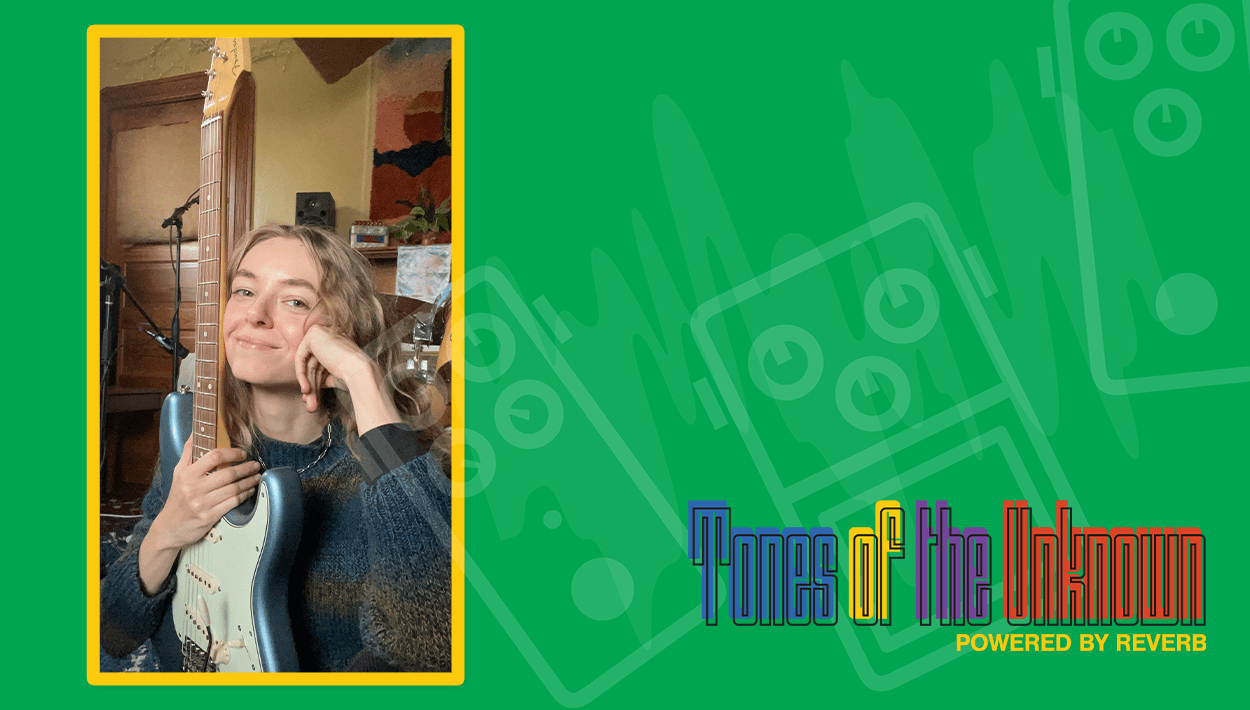
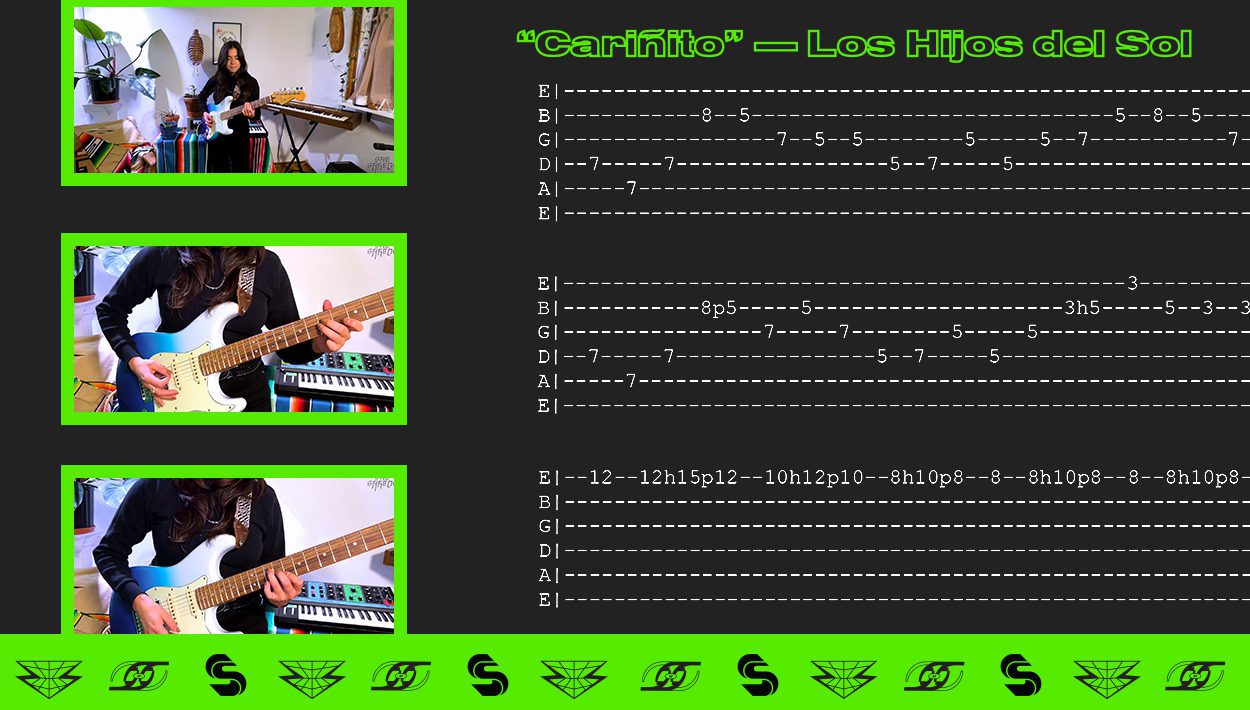
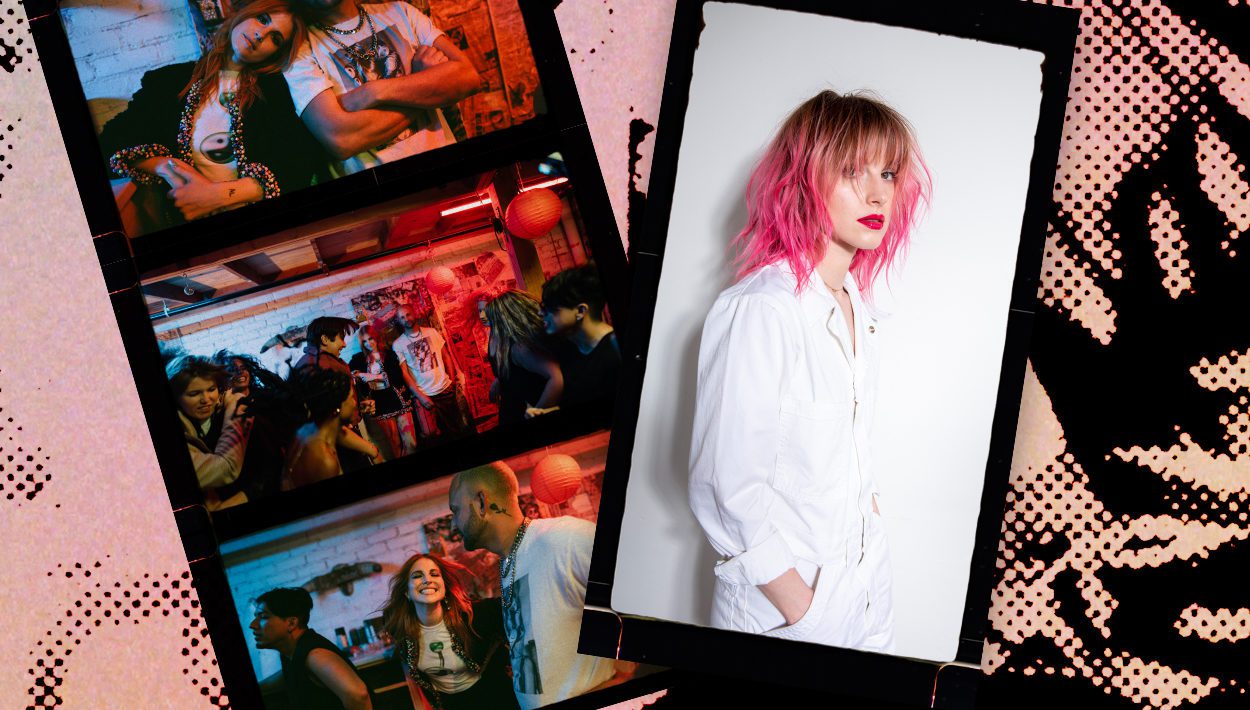
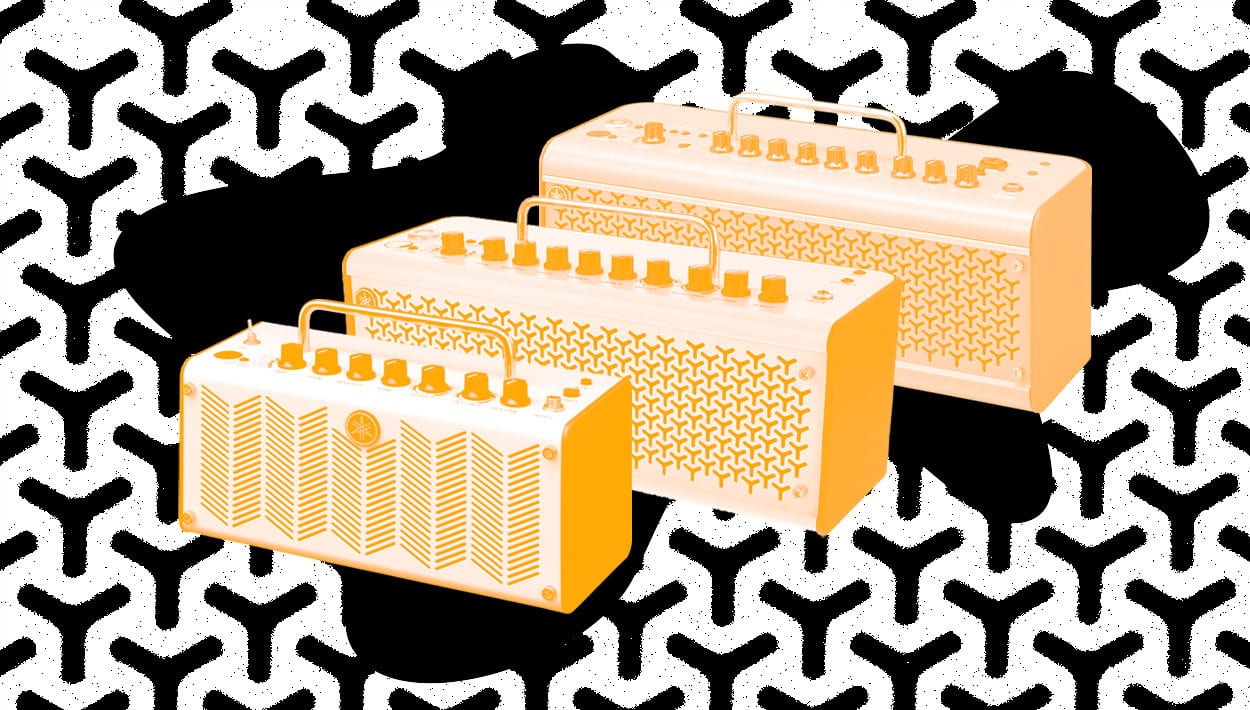
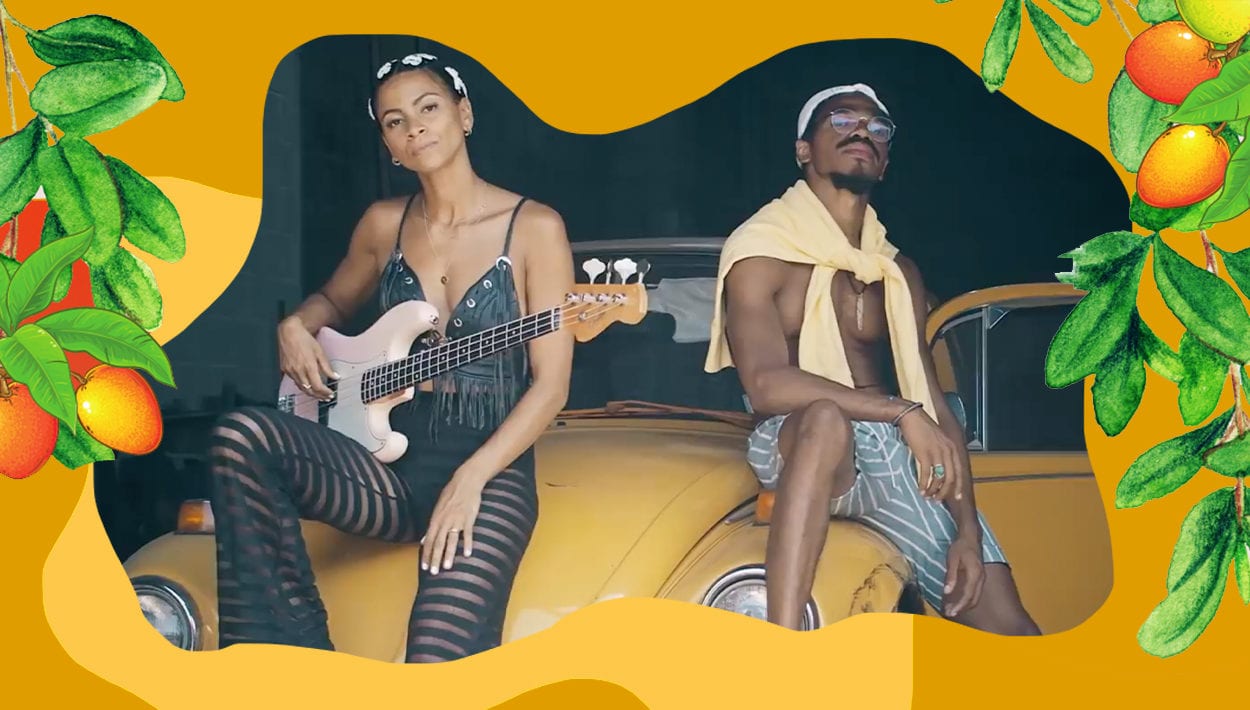
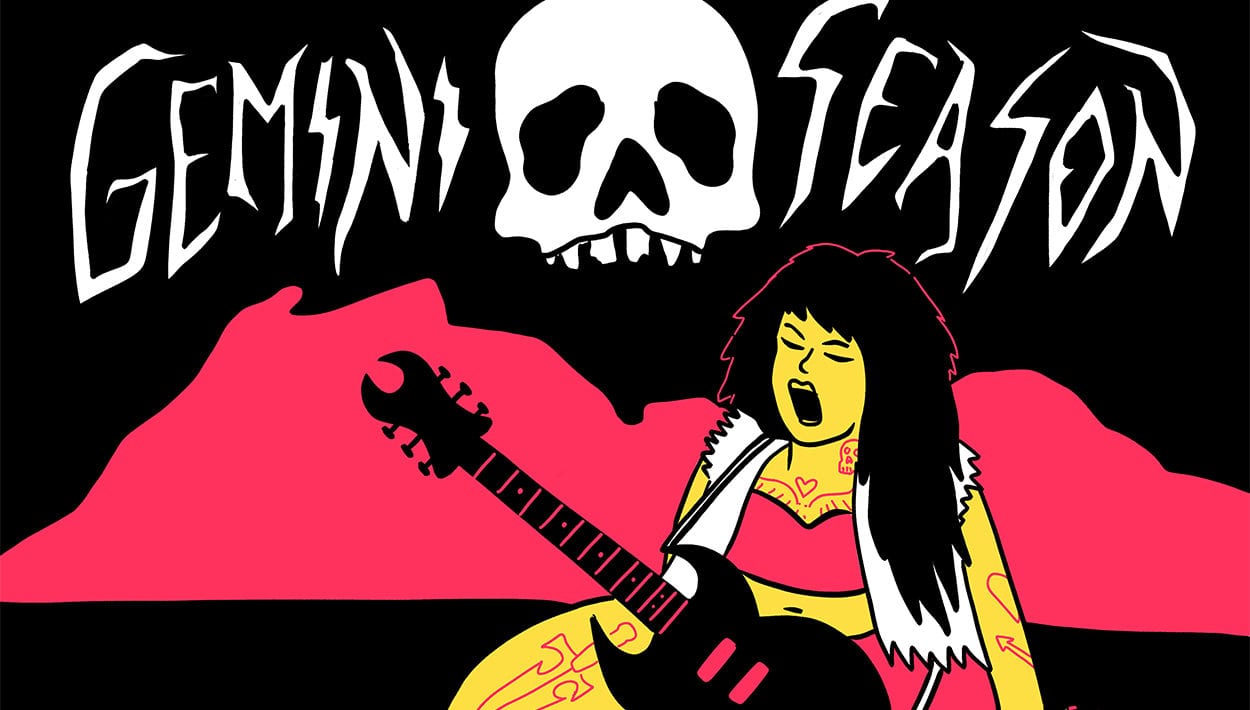
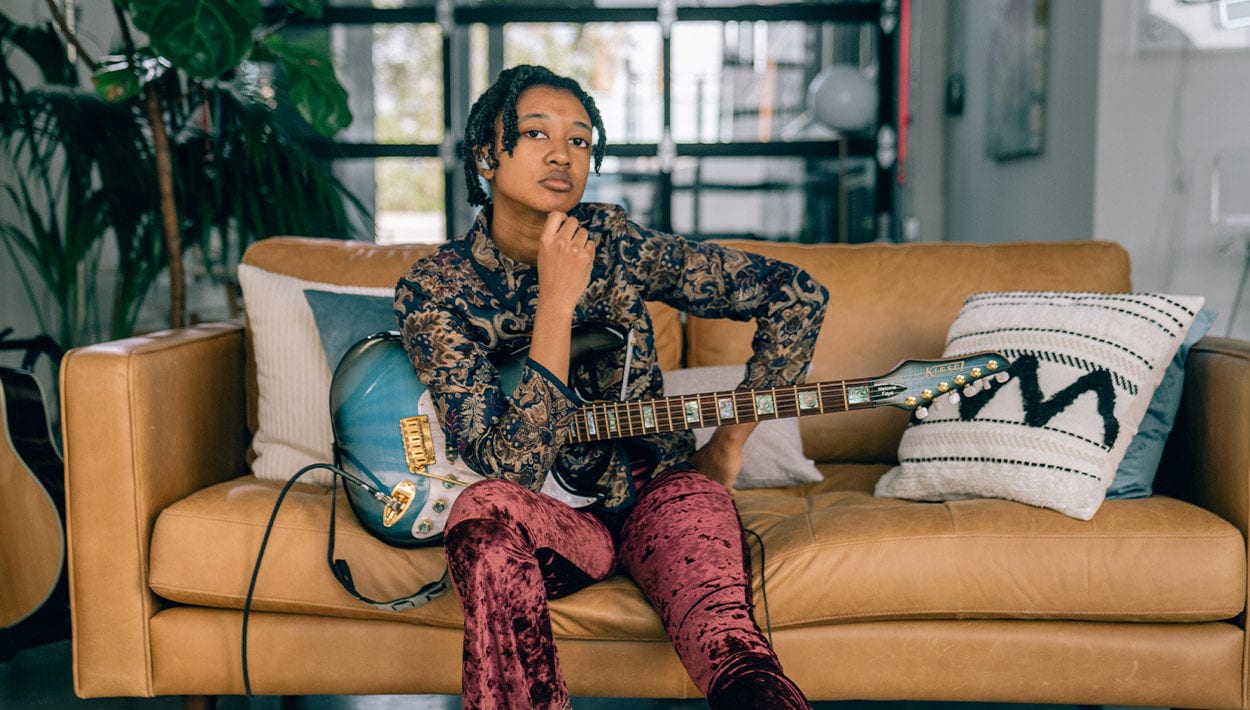
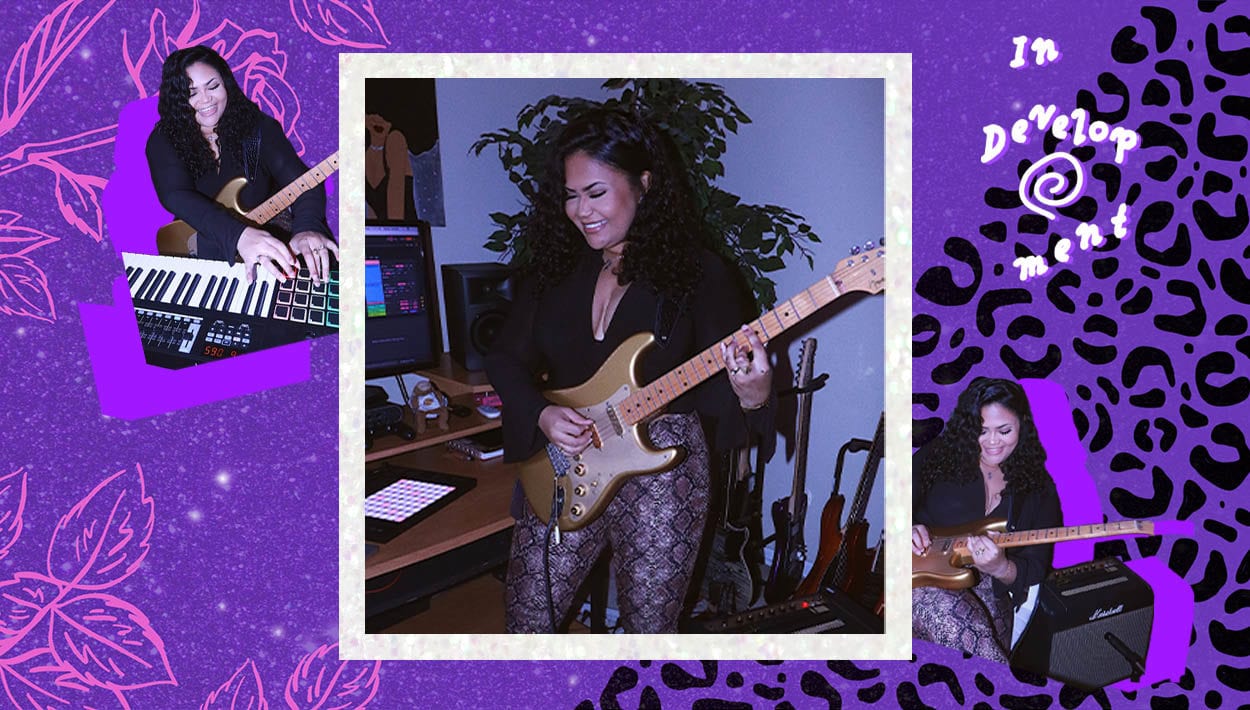
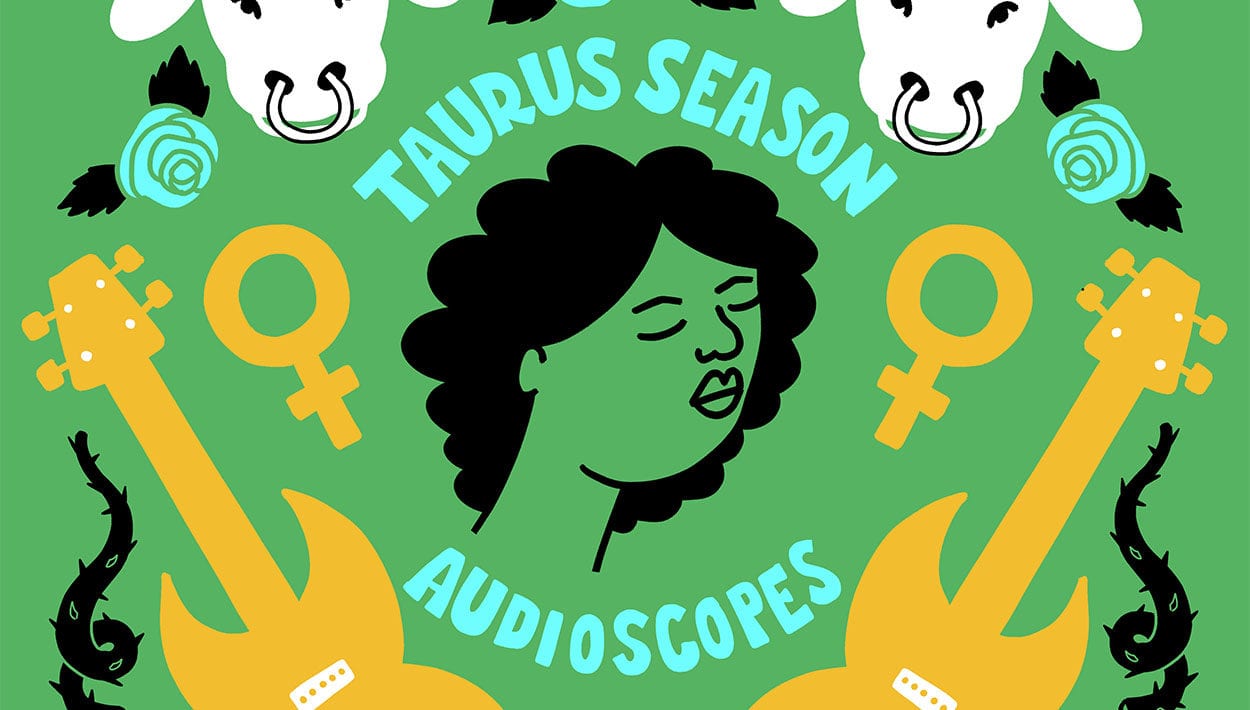


Comments
This is beautiful. <3
Comment by Brandon MacGregor on April 30, 2021 at 7:51 pmSorry that I am distracting you with pragmatic thoughts but.. I am a practical person who is fixated on renovating my house now. I can’t do anything about it.. This is probably how professional deformation manifests itself)) I noticed the house next to which she was photographed.. It’s so similar to the houses of typical rednecks in small towns.. The same small windows and siding.. I’m trying move away from these standards by using modern materials.
Comment by Siennf on January 25, 2024 at 11:17 pmAnd I really like this style. I myself grew up in the wilderness and these preferences have stayed with me. The choice of people living in the suburbs of Canada is approximately the same as those who live in the United States. Take a look at the catalog for window types canada – https://thwindowsdoors.com/most-popular-window-styles-for-canadian-homeowners/ I think that you will see all the options that are most often found in your hometown.
Comment by Lindeman on January 26, 2024 at 12:45 am